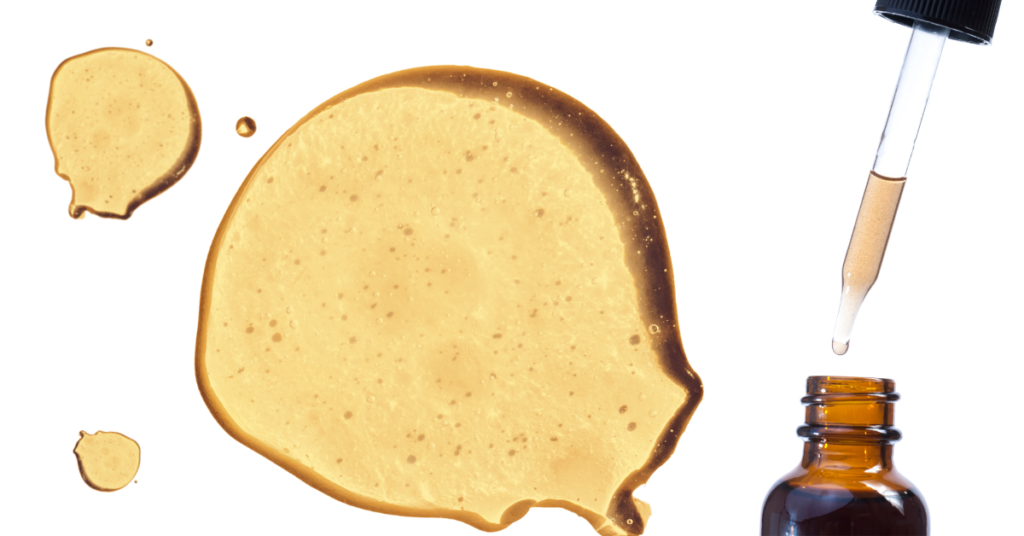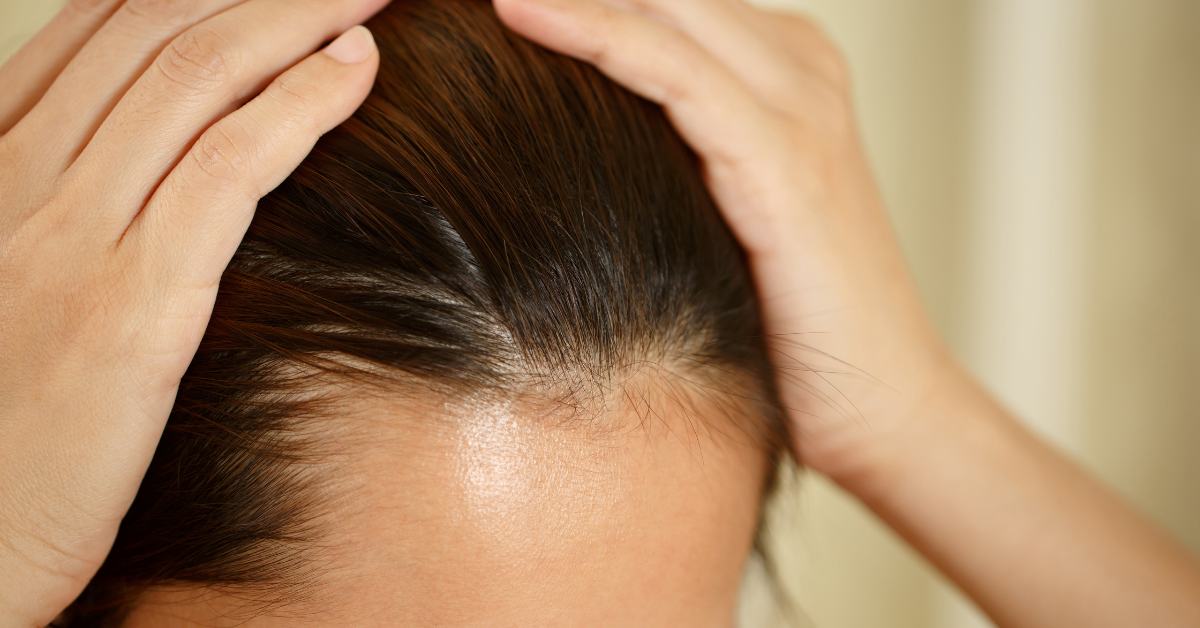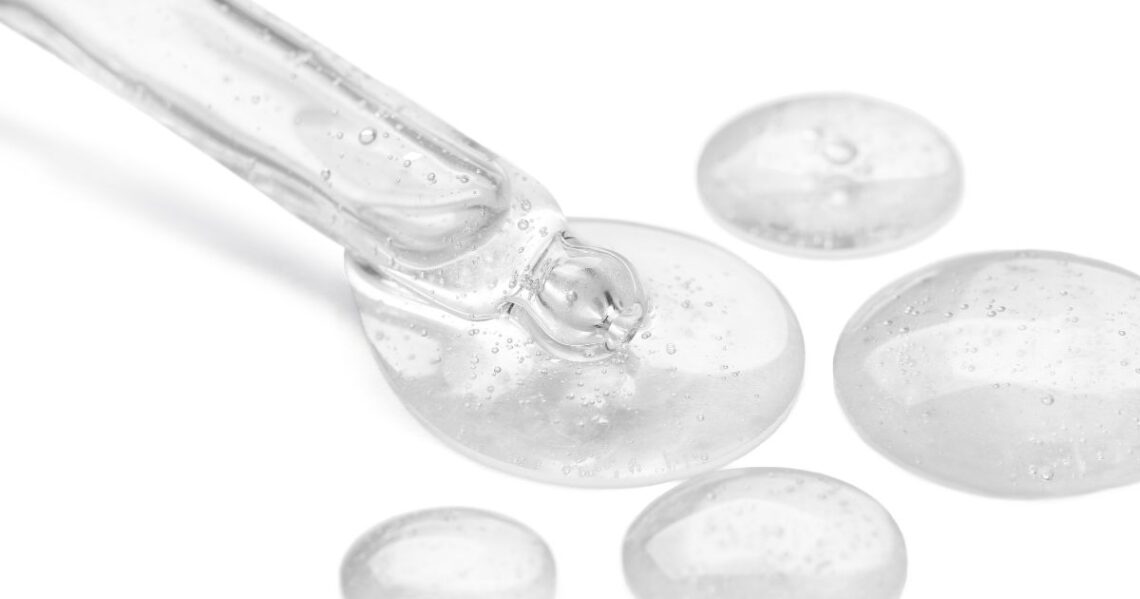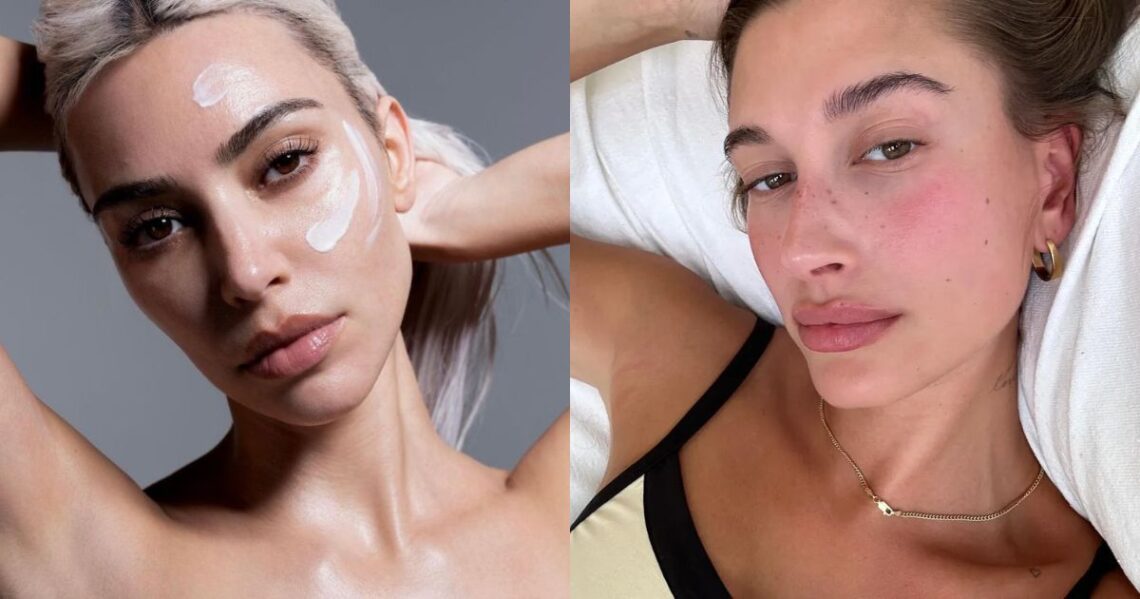Are you suffering from oily skin? Dr Skincare has got you. Did you know there are specific ingredients which can target your oily skin? We’ve researched the web for the four best skincare ingredients for oily skin because we know how many are out there and how confusing it can be when trying to choose the best products for your skin type. Using products with any of the following ingredients at any stage in your routine can enhance any skincare routine for oily skin.
Dr Skincare’s Top Four Skincare Ingredients for Oily Skin
Retinol
Retinol is an over-the-counter version of retinoids which is derived from Vitamin A and is commonly used for anti-ageing purposes but also for treating acne. Retinol is known for its anti-ageing capacities, but it’s a fantastic ingredient to incorporate into a skincare routine for oily skin as it can also help to regulate the skin’s oil production. As such, dermatologists often prescribe Vitamin A products or Retin-A to their acne patients. Tretinoin is a popular skincare ingredient which is being discussed within the skincare community a lot at the moment, it is another form of retinoid. If you are interested in learning more about tretinoin in skincare – leave us a comment below and let us know!
When adding a retinol into your skincare routine, you absolutely must be wearing an SPF every single day as Retinol ingredients can increase your skin’s sensitivity to the sun. If you are a beginner or new to retinol, it can be safer to use it at night. See a selection of Dr Skincare Retinol products below or browse here.
Niacinamide
Also known as Vitamin B3, this effective ingredient works hard to soothe and calm inflammation, boost collagen production and decrease oil production by regulating the skin’s overall oil secretion. A star ingredient for those looking to enhance their skincare routine for oily skin, and combination skin.
Additionally, niacinamide deters against environmental pollutants, aggressors and free radicals, with some research suggesting that it has the potential as an ingredient to reverse sun damage. However, you absolutely must still be wearing a facial SPF whilst using this ingredient as part of your skincare routine as it does not offer any UVA/UVB protection.
Salicylic Acid
Salicylic acid is a key ingredient in any effective skincare routine for oily skin as it is said to be lipophilic (attracted to oil and can successfully unclog pores as a result). As a lipophilic ingredient, it is more oil soluble and can easily penetrate into the pores of your skin, which, FACT, is really effective at diminishing both white heads and black heads. You can find salicylic acid in many skincare products, but most often in face toners, cleansers, acne treatments, makeup and masks.
Salicylic acid is particularly effective at combating acne-prone skin because of its ability to reduce and regulate sebum secretion. One of the common causes of acne is an overproduction and presence of oil on the skin, clogging the pores and the subsequent build-up of irritants which salicylic acid effectively fights against.
Hyaluronic Acid
Firstly, hyaluronic acid is non-comedogenic, meaning it has the capacity to hydrate the skin without clogging pores. Using a customisable hyaluronic treatment is a great way to add additional hydration and moisture to oily or acne-prone skin. Having oily skin does not mean that your skin is hydrated, thus, incorporating hyaluronic acid into a skincare routine for oily skin is a great way to ensure your oily skin is staying hydrated. You could use a gel, cream or serum with hyaluronic acid in it to really focus on non-comedogenic hydration of the skin.
Skincare Ingredients Which Should Not Be Used Together

Be careful about which ingredients you choose to wear in combination. We have listed a few ingredients that should not be used within the same routine (these ingredients can be used separately i.e., one in the morning and one at night). But please ensure no matter which ingredients you choose to incorporate, that you are wearing a facial SPF and reapplying every two hours throughout the day.
Skincare routine ingredients not to be used together:
- Two products with the same active ingredient (e.g., two different products in the same routine with an active ingredient of Salicylic Acid)
- Retinoids/Retinol with Vitamin C
- Retinoids/Retinol with AHA/BHA Acids (salicylic or glycolic acids)
Skincare Ingredients you can use together
- Retinoids/Retinol and Hyaluronic Acid
- Retinoids/Retinol and Niacinamide
- Niacinamide and any other active ingredient (except Vitamin C – better to keep these separate i.e., use morning and night)
- Hyaluronic Acid and AHA/BHA Acids (salicylic or glycolic acids)
So, to summarise, we discussed Retinol, Niacinamide, Salicyclic Acid and Hyaluronic Acid as three great skincare ingredients for oily skin. You can purchase many different types of products which incorporate these active ingredients into a step-by-step skincare routine to combat your oily skin.
Image Credit: Canva




